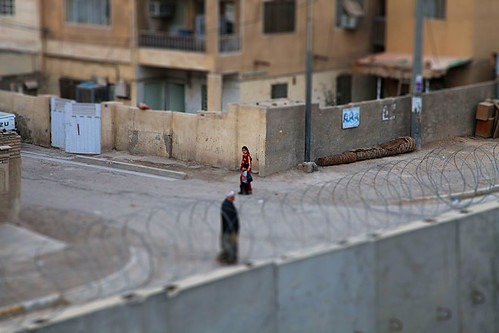
There are a whole lot of ways you can screw up a development program. I’ve talked about some of them in the past. You can make bad choices with the best of intentions, you can discover your every choice has unintended consequences, and you can just be flat out stupid. Luckily, we’re not houseflies. We have the capacity for learning. And if we’re willing to genuinely examine our failures, we can avoid making the same mistake twice. It’s hard, but it’s possible.
Determining what went wrong is actually the easy part. There are so many moving parts in any development project that many, or most of them will not turn out how you expected. Making a list of what could have gone better will be distressingly easy.
The hard part comes next. You have to sort through your list to figure out which factors were actually the deal-breakers, and which were annoyances. Then you identify what you can actually avoid or compensate for next time. You have to figure out the right lesson to learn.
For example, if your agriculture program failed because of insufficient rainfall, you need to design a program flexible enough to adapt to multiple weather projections. Knowing that you need rain is not a useful lesson to learn. Knowing you need to have different options for different weather conditions is a useful lesson. Vasco Pyjama has a great entry about learning from something her organization failed at.
Being able to recognize and accept our failures is what makes future success possible.
To take this discussion from the theoretical to the concrete, here are two of my own programmatic failures, and what I learned from them:
1. Nutrition pamphlet for women in Turkmenistan. Literacy is high in Turkmenistan, and people seem to genuinely love brochures and pamphlets. When we focus-group tested health pamphlets, we got responses like “this should be longer.” When a Peace Corps volunteer applied for a small grant to produce a brochure with nutrition information and healthy recipes, it seemed like a good fit.
This is what I learned: Turkmen women don’t cook from recipes. They think the whole idea is weird. They feed their families by buying what’s cheap and in season from the bazaar, and then cooking it using traditional techniques. The nutrition information was useful, but women had no way to act on it. Our next attempt at nutrition education focused on cooking methods to make Turkmen dishes higher in nutritional value. That one was much more successful.
2. Community website for Baghdad. This was a proposal I helped to design and write. We were going to set up a community website for Baghdad, kind of combination between Craigslist and Yelp. It would allow for violence mapping, to help people avoid dangerous areas, and offer ways to discuss things like whether a particular doctor or lawyer would take clients across sectarian lines. We were going to combine that with increased wifi access using repeaters, and providing cheap laptops to large households. In an environment too dangerous for community-building in person, it was meant to help give people a unified identity as Baghdadis once again. Just about everyone who heard about the idea loved it, but I never found a donor that would pay for it.
This is what I learned: no donor will fund a program that gives people to the chance to say anything they want. As one person told me, “The first time the New York Times runs an article about Islamic militants posting to a US/UN/UK (insert donor here)-funded website, we’re all screwed.” I still love the idea of the Baghdad site, but it’s going to take some very innovative funding to make it happen.
Failure feels really, really bad. It’s a blow to your ego and you feel like you’ve let down the people who rely on your organization. If you can get past that, though, it’s the best teacher you’ll find.
***
(photo credit: Quod)
Chosen because I think that tiny apple on the right represents hope.




